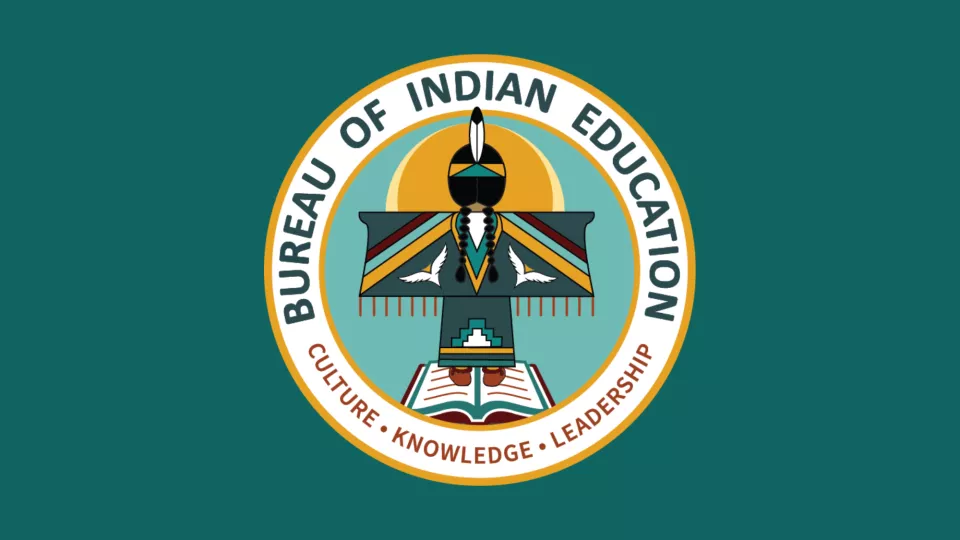
Osiyo,
I have been traveling across the United States since January for listening sessions and Tribal consultations to help shape the BIE’s future strategic direction and Indian School Equalization Program. With these robust Tribal consultations and listening sessions, we are working to ensure that our essential programs thrive.
The BIE has 183 elementary and secondary schools, located on 64 reservations in 23 states. Of those, 55 are Bureau operated and 128 are Tribally controlled. Together, BIE schools, serve more than 40,000 Indigenous students.
We also have two postsecondary schools – Haskell Indian Nations University in Lawrence, Kansas, and Southwestern Indian Polytechnic Institute in Albuquerque, New Mexico. We recently announced a partnership between Haskell and the Native American Agriculture Fund for a new agriculture business degree program.
The educational effort will be housed within Haskell’s business school, and the program will cover areas such as lending operations, risk management, regulatory compliance, and customer service. Students will learn comprehensive fundamental lending principles to improve the relationships Native farmers and ranchers have with their financial institutions.
The BIE is committed to providing students with a culturally relevant, high-quality education. Our hope is for this education to prepare students with the knowledge, skills, and behaviors needed to flourish in the opportunities of tomorrow, become healthy and successful individuals, and lead their communities and sovereign nations to a thriving future that preserves their unique cultural identities.
We are working to fulfill our commitment to furthering sovereignty and self-determination while supporting language and cultural revitalization. We continue to partner with other agencies for the Native Language Summit. This event hosts hundreds of Tribal leaders and Tribal community members from across country to discuss language revitalization as well as share and implement action items to restore our Indigenous language.
We all know that if we don't have our health, it's difficult to live and flourish. That is why we have made comprehensive behavioral health and wellness services a priority. Our Behavioral Health and Wellness Program provides Bureau-funded schools and programs with Indigenous-focused, evidence-based, and trauma-informed behavioral health and wellness support. The program’s counseling team is primarily staffed with Indigenous counselors who have experience serving Native communities.
We have recently increased behavioral health and wellness support with the launch of a 24/7 support line for students and staff at schools and programs funded by the bureau. Students and staff who call 1-844-ASK-BHWP – or 1-844-275-2497 – will be connected with trained professionals who can provide immediate, individual attention. The call line offers 24/7 crisis support as well as scheduled counseling sessions.
We believe that educating Native students is a critical element of Tribal sovereignty. We want our students to leave the classroom and return to their communities as intellectual assets, ready to move their communities and Tribal nations forward. Our cultures and communities depend on the next generation of Indigenous leaders, which is why we’re committed to improving educational outcomes and empowering our students and families.
Thank you for the opportunity to provide remarks today. I hope that the discussions held this week will lead to meaningful impact throughout our communities.
Wado.
Tony Dearman, BIE Director
Contact
Office of Communications
Bureau of Indian Education Central Office
U.S. Department of the Interior
1849 C Street NW, MIB-3610
Washington, DC 20240
Telephone: 202-941-0789
Email: biecommunications@bie.edu


